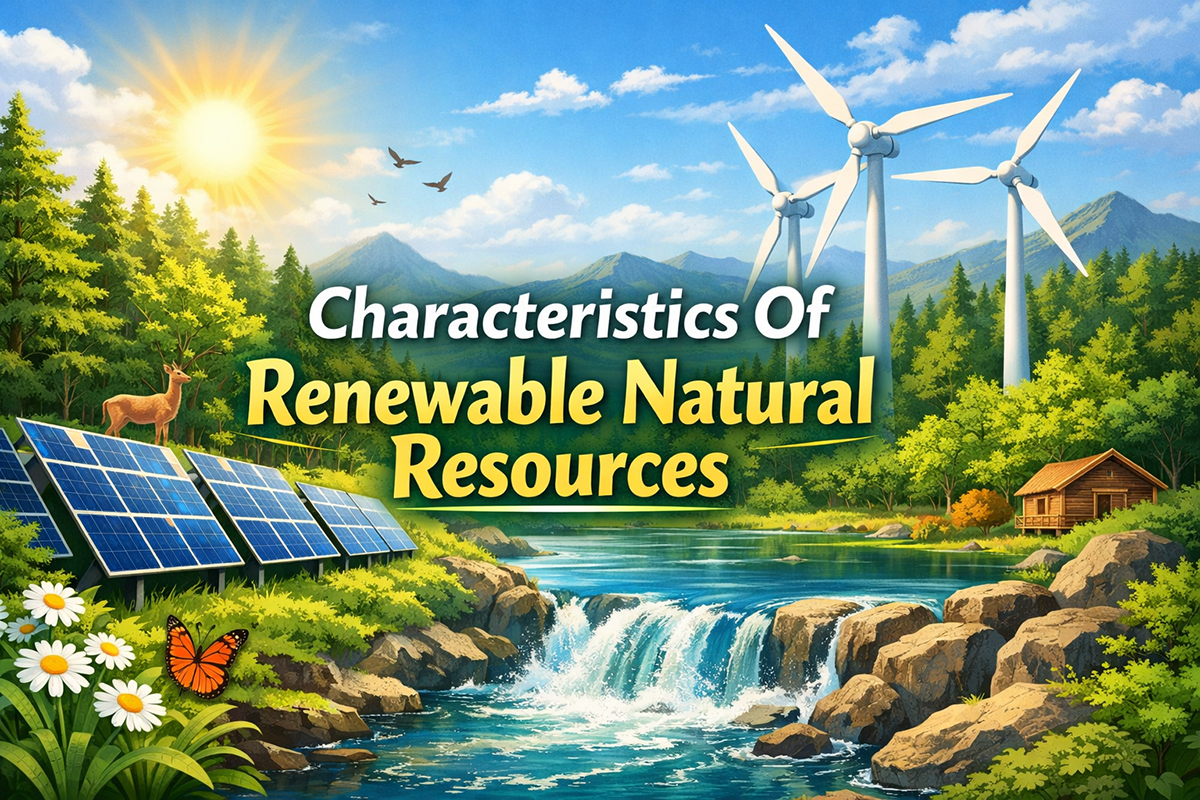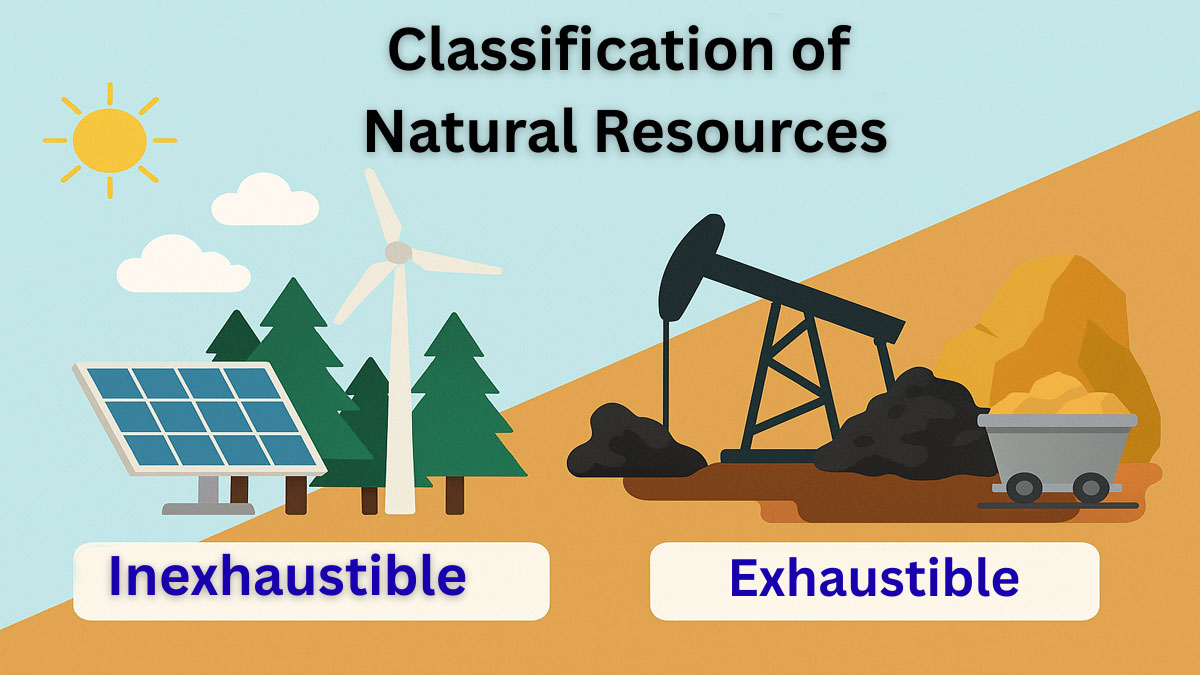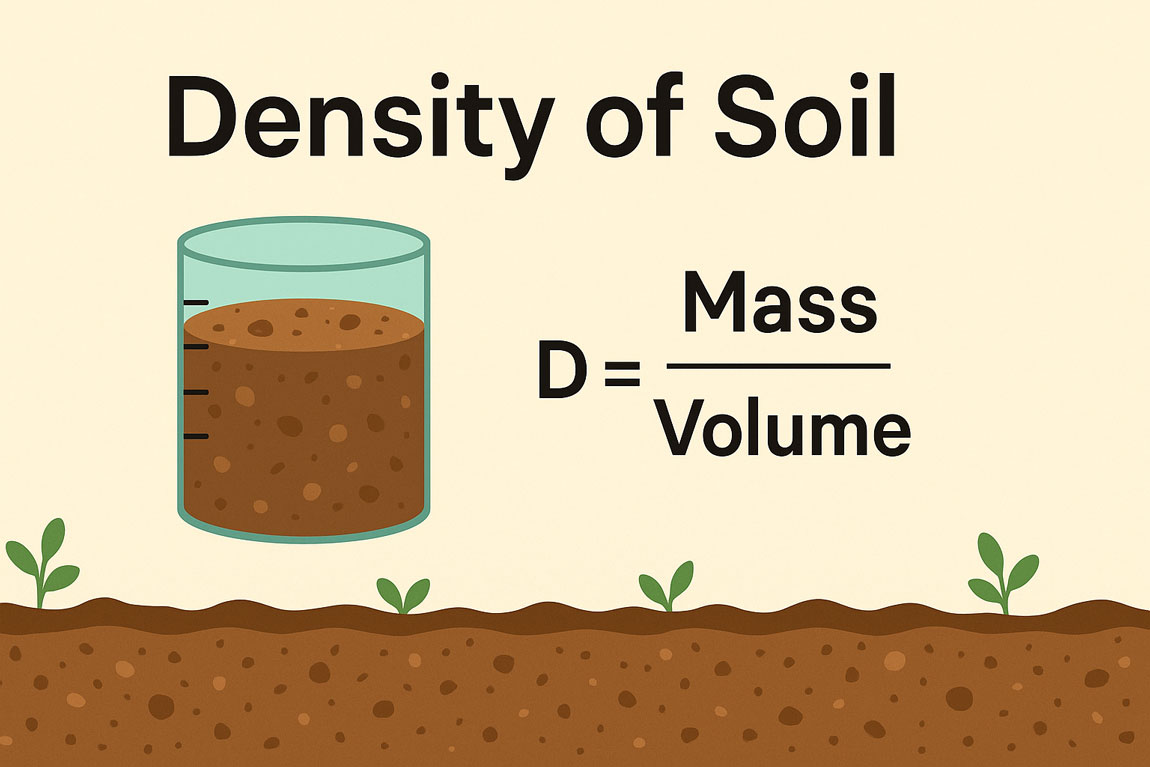Geophysics is the study of the physical properties and processes of the Earth and its surrounding environment using physics, earth science, and technology. Understanding “what geophysics is” gives helpful insight into anything from natural resources to earthquake prediction, making it an essential branch of Earth science.
What is Geophysics?
Geophysics is the study of the Earth’s physics and structure using mathematical and physical methods. This includes everything from the microscopic properties of minerals and rocks to global processes such as earthquakes and climate. Geophysics as a field of science has played a major role in increasing our knowledge of the earth’s properties and physical processes.
The frequently used methods in Geophysics :
- Seismic
- Gravity
- Electric
- Electromagnetic
- Radioactive
Purpose:
To map and understand the structure of the earth.
Earthquakes also provide us with knowledge of the global Earth’s structure. Once imaging methods map structures in the subsurface, geophysicists can describe the processes that shaped these structures using mathematical and numerical models.
Important of Geophysics:
Nowadays, geophysical methods are used for:
- Mapping vast geological regions to expand our knowledge of Earth’s structure
- Locate and extract resources such as hydrocarbons, minerals, and groundwater
- Mapping potential underground CO2 deposits
- Monitoring underground CO2 injection
- Mapping the top meters of the earth’s crust for tunneling and potential locations for undersea wind turbines and pipelines/cables.
- We assess the risk of geological disasters such as earthquakes, tsunamis, and landslides.
- Examining how climate change affects permafrost regions in the Arctic.
- Archeological surveys
What do you learn by studying Geophysics?
Studying Geophysics will give you valuable knowledge of Physics, Mathematics, Earth Sciences, and Programming. All students will receive a general understanding of all these disciplines from the start of their studies. As students progress in their studies, they can select a particular area of specialization.
This includes:
- Acquisition and analysis of geophysical data
- Development of new theories and new methods
- Earthquake research
- Analysis and prevention of geohazards
Where do Geophysicists work?
Geophysicists have always been in demand.
The most common employment opportunities are:
- Energy sector (hydrocarbons, hydroelectric, thermal, wind)
- Mining industry
- Research (universities and research institutes)
- Teaching qualifications at high school and university level (Mathematics, Physics, Earth Sciences, Computer Science)
- The company constructs tunnels, bridges, and other large structures.
- Consulting work in the public sector (research sector, government)






